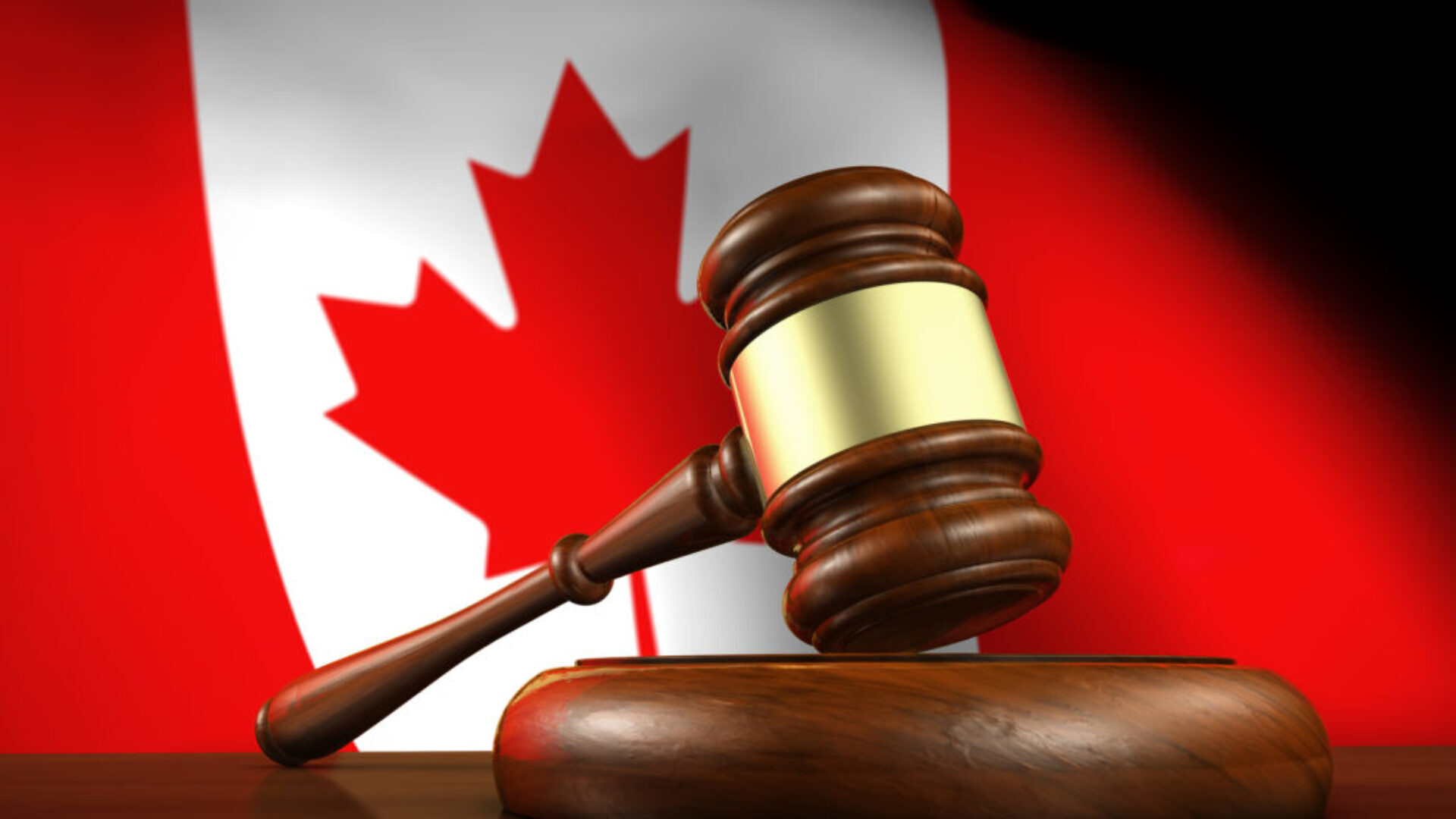IRB Toronto

Introduction
The Immigration and Refugee Board (IRB) plays a crucial role in the Canadian immigration system, particularly in Toronto, one of the most diverse and cosmopolitan cities in the world. The IRB is an independent administrative tribunal responsible for making decisions on immigration and refugee matters. This comprehensive overview will delve into the history, structure, functions, challenges, and impact of the Immigration and Refugee Board in Toronto.
History of the Immigration and Refugee Board: IRB Toronto
The roots of the Immigration and Refugee Board can be traced back to the Immigration Appeal Board and Refugee Status Advisory Committee, both established in the early 1980s. These entities were amalgamated in 1989 to form the Immigration and Refugee Board as a response to the evolving needs of Canada's immigration system. The board was given expanded responsibilities and authority, reflecting a commitment to fairness, transparency, and adherence to human rights principles in the immigration and refugee determination process.
Structure of the Immigration and Refugee Board: IRB Toronto
The IRB in Toronto is structured into four main divisions: the Refugee Protection Division (RPD), the Immigration Appeal Division (IAD), the Refugee Appeal Division (RAD), and the Immigration Division (ID). Each division has its specific mandate and responsibilities.
- Refugee Protection Division (RPD): This division is tasked with making decisions on refugee claims made within Canada. Individuals seeking refugee protection present their cases before the RPD, which carefully assesses the merits of each case based on international and domestic laws.
- Immigration Appeal Division (IAD): The IAD is responsible for hearing appeals related to immigration matters, including sponsorship appeals and removal order appeals. This division provides a mechanism for individuals to challenge decisions made by immigration officers.
- Refugee Appeal Division (RAD): Established in 2012, the RAD hears appeals from individuals whose refugee claims have been rejected by the RPD. It provides a second level of review to ensure fairness and consistency in refugee determinations.
- Immigration Division (ID): The ID handles matters related to immigration enforcement, including detention reviews and admissibility hearings. It plays a crucial role in ensuring the integrity of the immigration system.
The organizational structure of the IRB in Toronto is designed to facilitate specialized expertise in each division, ensuring a thorough and fair evaluation of cases.

Functions of the Immigration and Refugee Board in Toronto: IRB Toronto
In Toronto, as a major entry point for newcomers to Canada, the IRB's functions are particularly critical. The board is tasked with:
- Adjudicating Refugee Claims: The RPD in Toronto hears a substantial number of refugee claims each year. Individuals fleeing persecution, violence, or other forms of harm seek refuge in Toronto, making the work of the RPD in the city vital to providing protection to those in need.
- Appeals and Reviews: The IAD and RAD provide mechanisms for individuals to challenge decisions made by immigration officials or the RPD. This ensures that individuals have avenues for redress in cases where they believe decisions were made unfairly or erroneously.
- Enforcement and Detention Reviews: The ID in Toronto handles cases related to immigration enforcement, including detention reviews for individuals held in immigration detention. This function is essential in maintaining the security and integrity of the immigration system.
- Ensuring Procedural Fairness: A fundamental aspect of the IRB's work is to ensure that all individuals appearing before its divisions receive fair and just treatment. This includes providing interpreters and legal representation for those who require it.
- Promoting Consistency and Accountability: The IRB plays a vital role in promoting consistency in decision-making across its various divisions. Regular training and professional development contribute to maintaining high standards of accountability among board members.

Challenges Faced by the Immigration and Refugee Board in Toronto: IRB Toronto
Despite its essential role, the IRB in Toronto faces several challenges:
- Backlog and Delay: The sheer volume of cases, especially in the RPD, has led to significant backlogs and delays in processing claims. This can have serious implications for individuals awaiting decisions on their refugee status.
- Resource Constraints: Adequate resources, including personnel and funding, are crucial for the effective functioning of the IRB. Resource constraints can impact the speed and quality of decision-making.
- Complex Cases: Some cases that come before the IRB involve complex legal and humanitarian issues. Board members must navigate intricate legal landscapes and make decisions that have profound consequences for the individuals involved.
- Changing Asylum Landscape: Global and regional shifts in refugee patterns and international political climates can impact the types of cases heard by the IRB. Adapting to these changes requires ongoing vigilance and flexibility.
- Public Perception and Understanding: The work of the IRB is often misunderstood, leading to challenges in public perception. Clear communication and education efforts are necessary to foster public understanding of the board's role and the complexities of immigration and refugee determination.
Impact of the Immigration and Refugee Board in Toronto: IRB Toronto
The impact of the IRB in Toronto is far-reaching:
- Humanitarian Impact: The decisions made by the IRB in Toronto have a direct impact on the lives of individuals seeking refuge in Toronto. Positive outcomes provide protection to those in need, while negative outcomes may lead to deportation and potential harm.
- Legal Precedent: Decisions made by the IRB in Toronto contribute to the development of legal precedent in immigration and refugee law. Consistent and well-reasoned decisions help shape the legal landscape for future cases.
- Community Integration: Successful refugee claims contribute to the diversity and vibrancy of Toronto. Individuals granted refugee status often become integral members of the community, enriching the cultural fabric of the city.
- Rule of Law: The IRB plays a crucial role in upholding the rule of law in immigration matters. By providing an independent and impartial forum for adjudication, the board contributes to the fairness and transparency of the immigration system.
Conclusion
In conclusion, the Immigration and Refugee Board in Toronto is a cornerstone of Canada's immigration system. Its history, structure, functions, challenges, and impact are intertwined with the city's dynamic and multicultural landscape. As Toronto continues to be a destination for newcomers seeking a better life, the role of the IRB in Toronto remains pivotal in ensuring that the principles of justice, fairness, and humanitarianism guide decisions related to immigration and refugee matters.
In case, if you need private legal assistance with application to IRB in Toronto or other cities of Canada, please fill in application below or contact us directly.


